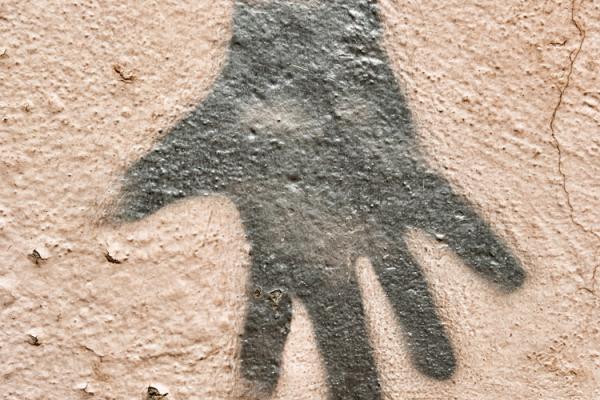My people — that is, white evangelical Protestants — aren’t good at talking about race.
This fact has been born out by years of social scientific research. A number of years ago, based on thousands of interviews with evangelicals around the country, Christian Smith and Michael Emerson posited that, "evangelicals have a theological world view that makes it difficult for them to perceive systemic injustices in society."
Unfortunately, the situation hasn’t improved much in recent years. In 2014, the Public Religion Research Institute found that two-thirds of white evangelicals agree that black and white Americans receive equal treatment under the law. More than 80 percent of black Protestants disagreed with the same statement.
Apparently, white evangelicals just don’t think race is that big of a problem. And even if we did, we don’t have the conceptual tools necessary to address the underlying, structural forces at play. It’s time for us to start listening. But how? Where do we begin?
With Ta-Nehisi Coates.
Read the Full Article

